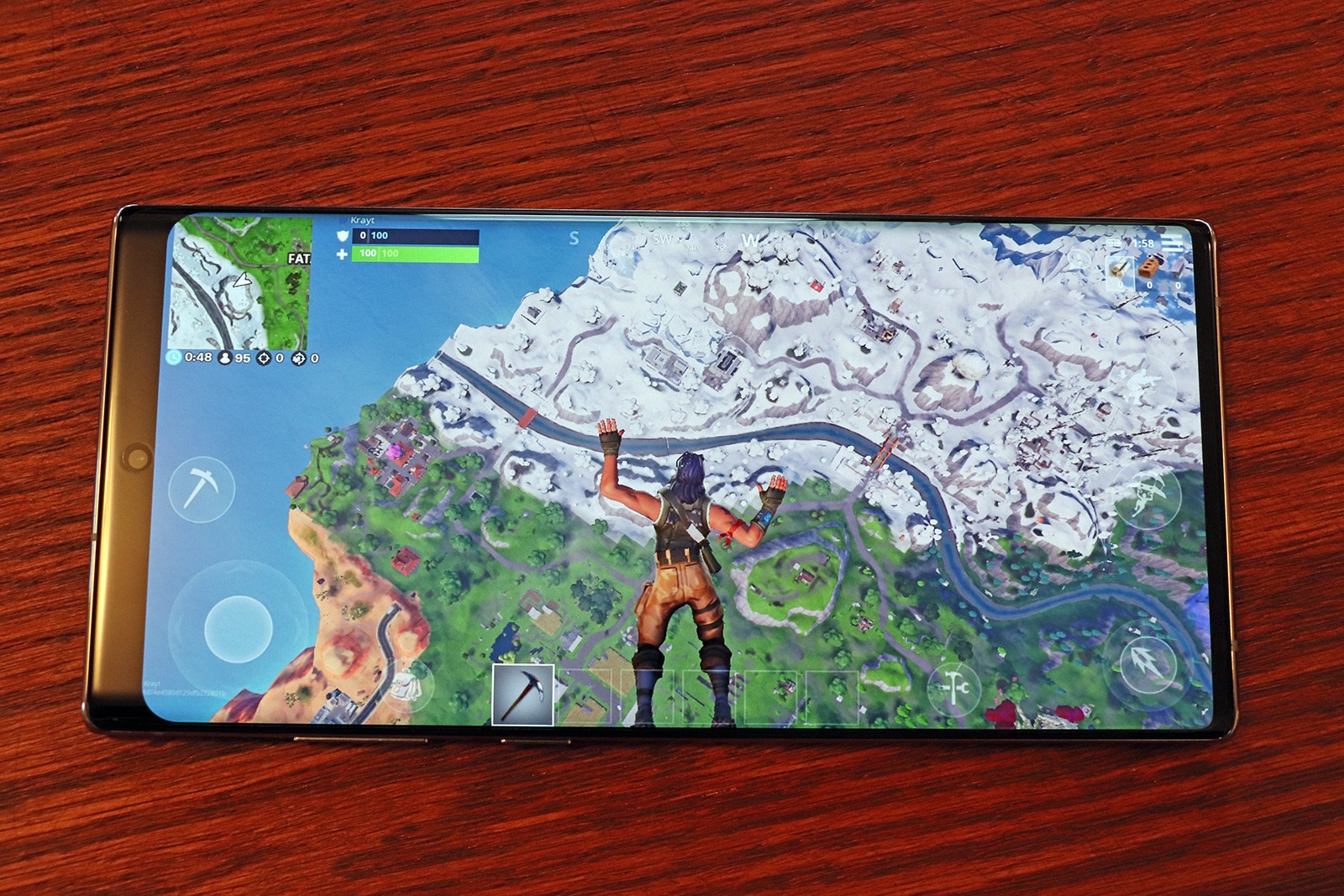Epic Games Hit With Massive Fine For Tricking Children Into Buying Content
Epic Games is the company behind the popular game Fortnite and the company that would like to host its own app store on iPhone and charge players through its own payment system. Epic intentionally caused Apple to ban Fortnite from iPhone so it could the Cupertino-based giant, but it lost that case. And now, Epic Games will have to pay two record fines totaling a combined $520 million after settling with the Federal Trade Commission (FTC).
Epic will pay $275 million for violating a children's privacy law (COPPA) and it'll issue $245 million in refunds for using dark patterns to trick users into paying for in-app content.
According to the FTC announcement, both settlements are "record-breaking."
"Epic put children and teens at risk through its lax privacy practices, and cost consumers millions in illegal charges through its use of dark patterns," Samuel Levine, Director of the FTC's Bureau of Consumer Protection, said. "Under the proposed orders announced today, the company will be required to change its default settings, return millions to consumers, and pay a record-breaking penalty for its privacy abuses."
The $275 million penalty for violating the COPPA Rule is the largest such fine. On top of that, Epic will have to adopt strong default privacy settings for children and teens, in a provision the FTC calls a "first-of-its-kind."
The $245 million sum will refund consumers for Epic's dark patterns and billing practices in Fortnite. This is the FTC's largest refund amount for a gaming case and the largest administrative order in its history.
The FTC announcement summarizes Epic's wrongdoings that lead to these record fines.
In the privacy complaint concerning Fortnite, the FTC alleged that Epic collected information from children under 13 without obtaining consent from parents. "The company also required parents who requested that their children's personal information be deleted to jump through unreasonable hoops, and sometimes failed to honor such requests," the FTC explains.

More disturbingly, Epic allegedly chose to enable live on-by-default text and voice communications for users. Combined with Epic's role in matching children and teens with strangers in Fortnite, these practices harmed young players. "Children and teens have been bullied, threatened, harassed, and exposed to dangerous and psychologically traumatizing issues such as suicide while on Fortnite," the FTC writes.
Epic didn't change the default settings even when employees expressed concern or when people complained online about child harassment. When it finally added a button to turn voice chat off, "Epic made it difficult for users to find."
As for the dark patterns that the FTC quoted, they refer to practices Epic used in Fortnite to trick players into making purchases:
Fortnite's counterintuitive, inconsistent, and confusing button configuration led players to incur unwanted charges based on the press of a single button. For example, players could be charged while attempting to wake the game from sleep mode, while the game was in a loading screen, or by pressing an adjacent button while attempting simply to preview an item. These tactics led to hundreds of millions of dollars in unauthorized charges for consumers.
Moreover, Epic also charged account holders without authorization, per FTC's allegations in this second complaint. Children racked in credit charges before parents realized what was happening.
Finally, the FTC alleged that Epic locked customers' accounts who disputed unauthorized charges, depriving them of previously purchased content. "Even when Epic agreed to unlock an account, consumers were warned that they could be banned for life if they disputed any future charges," the FTC said.
Per NBC News, Epic agreed to the settlement without confirming or denying the claims. But Epic will change its privacy policies, chat functions, and how it charges players.
UPDATE: Epic told BGR that it has already implemented the privacy settings the FTC requires. Fortnite settings will default to the highest privacy options for players under the age of 18. Voice and text chat will default to "Nobody." Epic's response to the settlement is available at this link.
